
Ukraine’s struggle against Russian aggression serves an illusion for a certain kind of American and pro-Atlanticist conservative in Europe: that Ukraine’s patriots can fill the West’s spiritual and cultural void.

In a country that’s been binge-drinking at the font of liberty for a half-century, the American New Right is betting that the hangover is setting in.
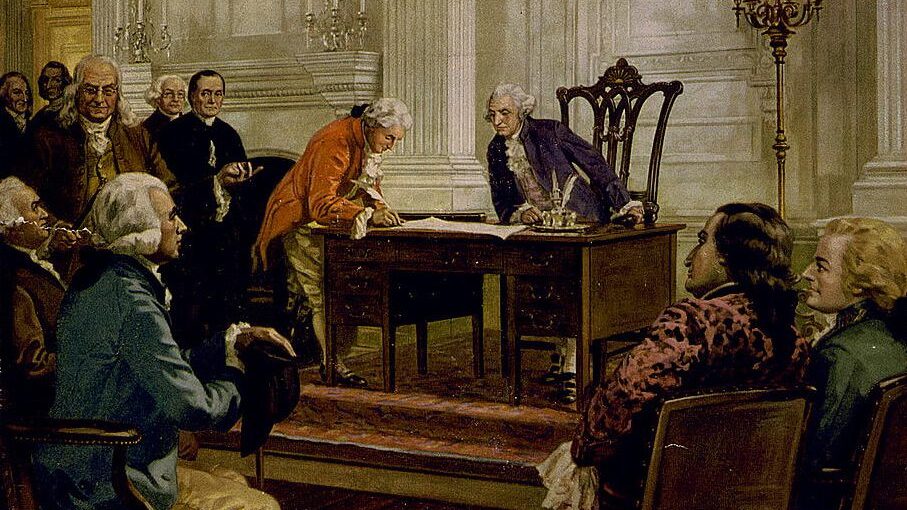
By asserting that the common good does exist and can be defined and applied, Vermeule contests the cultural Left and libertarian Right’s chimera of a values-neutral jurisprudence.
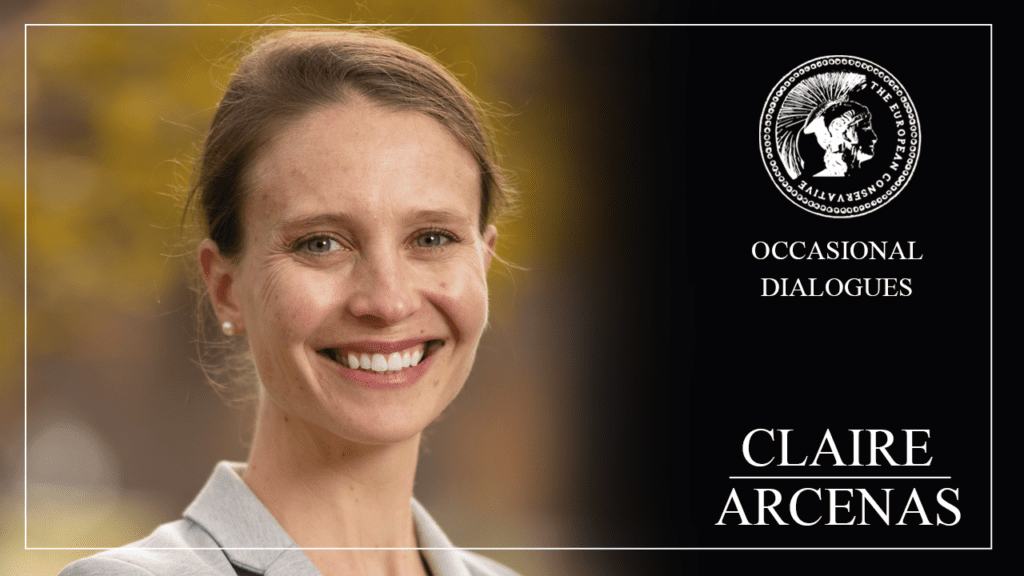
In this episode of our ‘Occasional Dialogues’ series, Kurt Hofer interviews historian Claire Rydell Arcenas, the author of America’s Philosopher: John Locke in American Intellectual Life. They discuss the impetus behind writing the book, Locke’s place in contemporary political life, and the ‘New Right’ critiques of Locke.
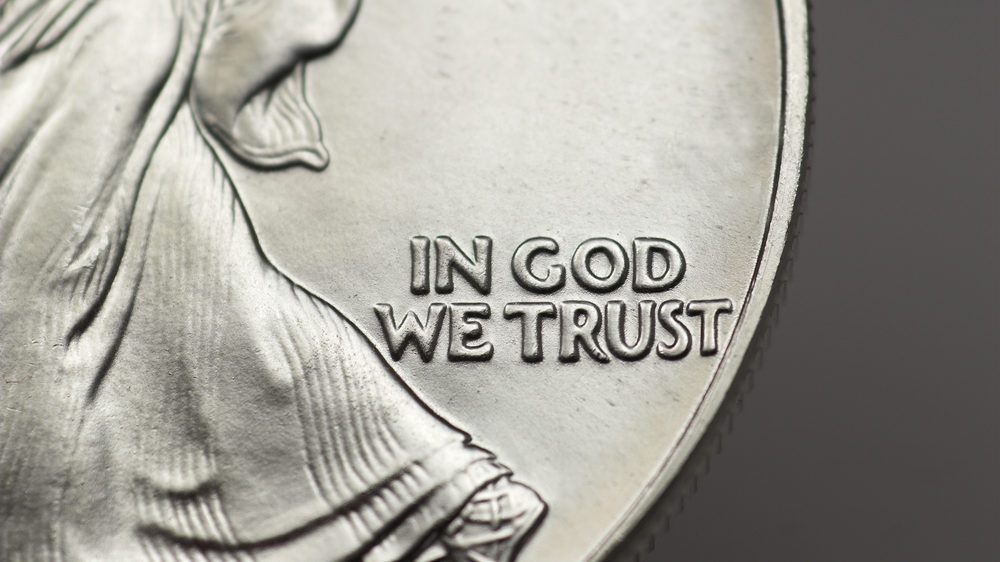
A constant undercurrent of the conference was the oscillation between equally eloquent articulations of despair at the present and an intrinsically Christian hope for the future.
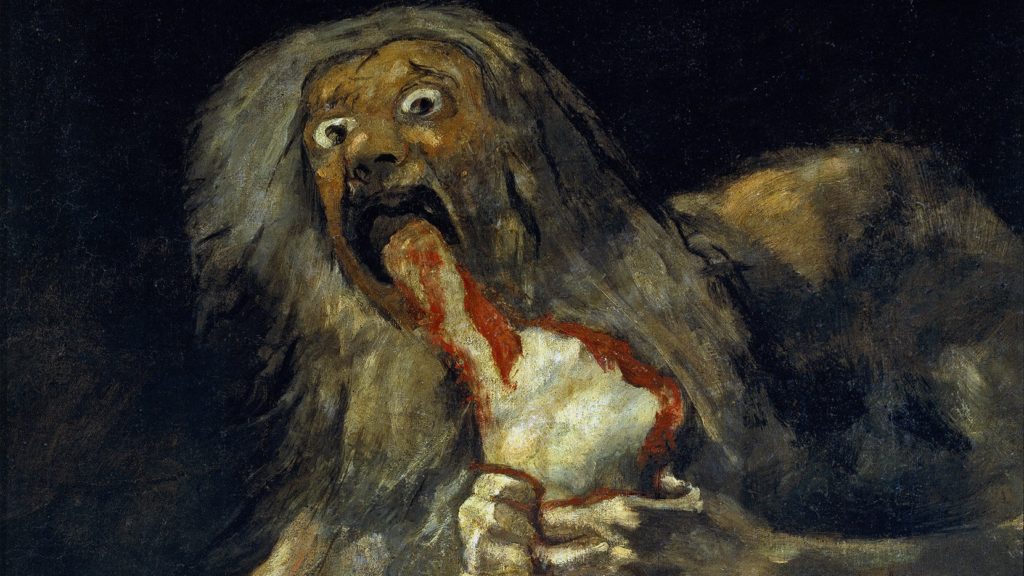
The victory this week of Italy’s Giorgia Meloni fits into this story as well. Her words—and perhaps, in the future, by the grace of God, her party’s actions—are nothing less than a full-throated disavowal of the West’s Chronos Complex.
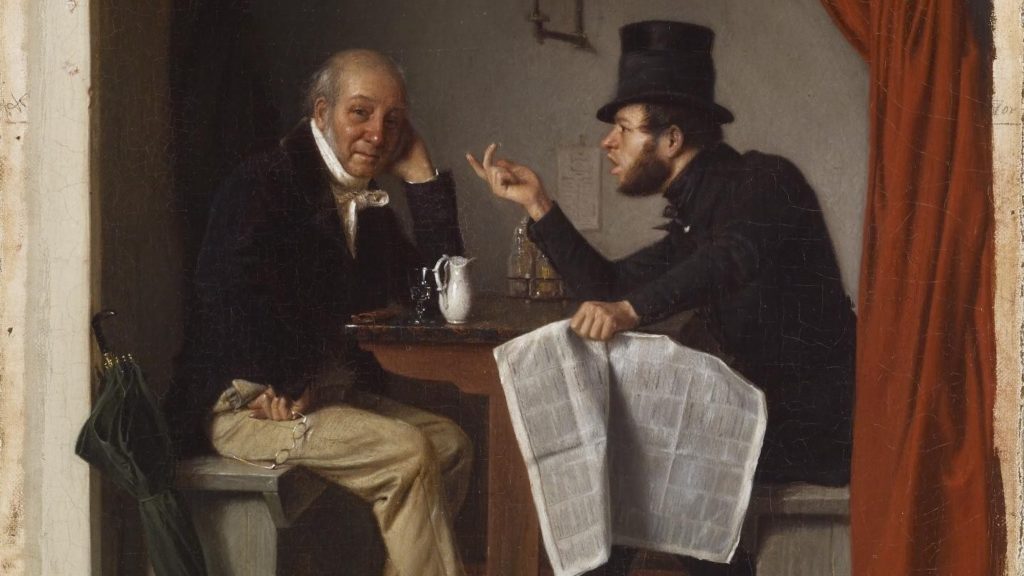
Can the lived conservatism of the Postliberals find common ground—and common political cause—with the universalist notions of natural right, justice and equality espoused by the Claremont School? On this question, I believe, hinges the fate of a new conservative fusionism updated to meet the challenges of our time.
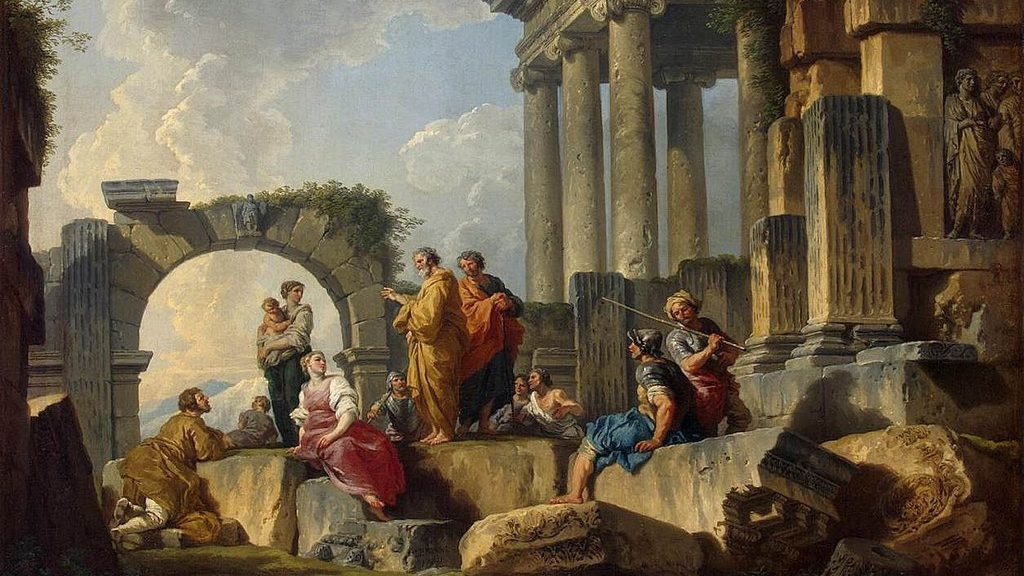
Undeterred by his trials and compelled by curiosity, the Apostle Paul wears no mask; he mutes and stifles no truth that might advance the Gospel—no matter the cost.
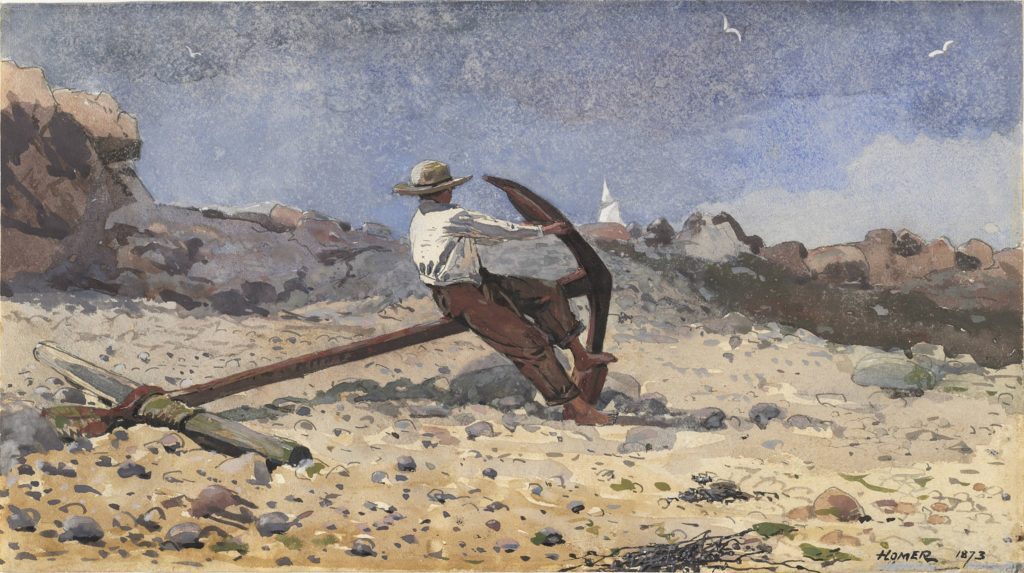
If a new framework for freedom is to emerge in the West, it must be recognizable. The stories of anchored freedom must be told, and they must be disseminated with the same adamance in mass culture, whenever and wherever possible, as the Boomer myth of freedom.
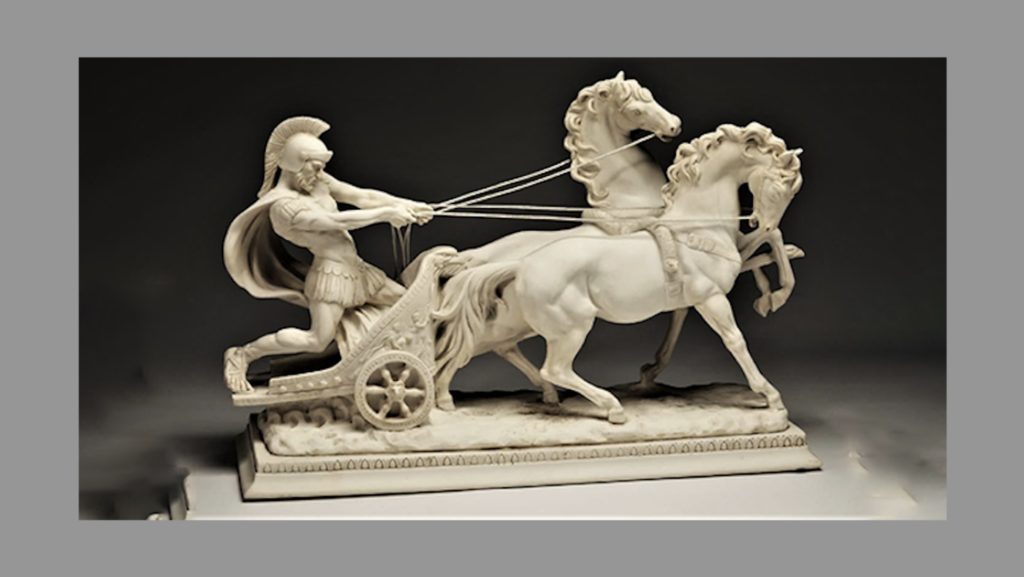
“Fear of risk, an exaggerated love of safety or health, are pathologies that threaten the very virtues necessary for civilizational and cultural survival”—Ted McAllister
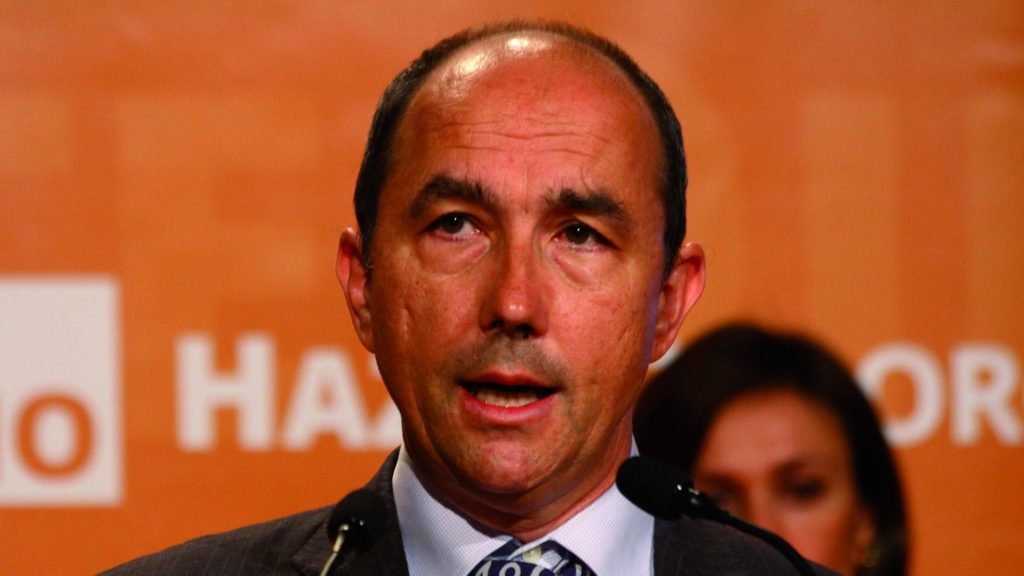
Must liberalism be leveled completely by the New Right, so that a new conservative edifice may emerge from its ruins? Or must the meaning of liberalism be reclaimed for the Right and from the historiographical distortions of the progressive Left? Haivry and Hazony, Deneen, and Legutko appear to answer in the affirmative. However, a compelling alternate view is offered by Spanish philosophy professor and politician Francisco José Contreras.
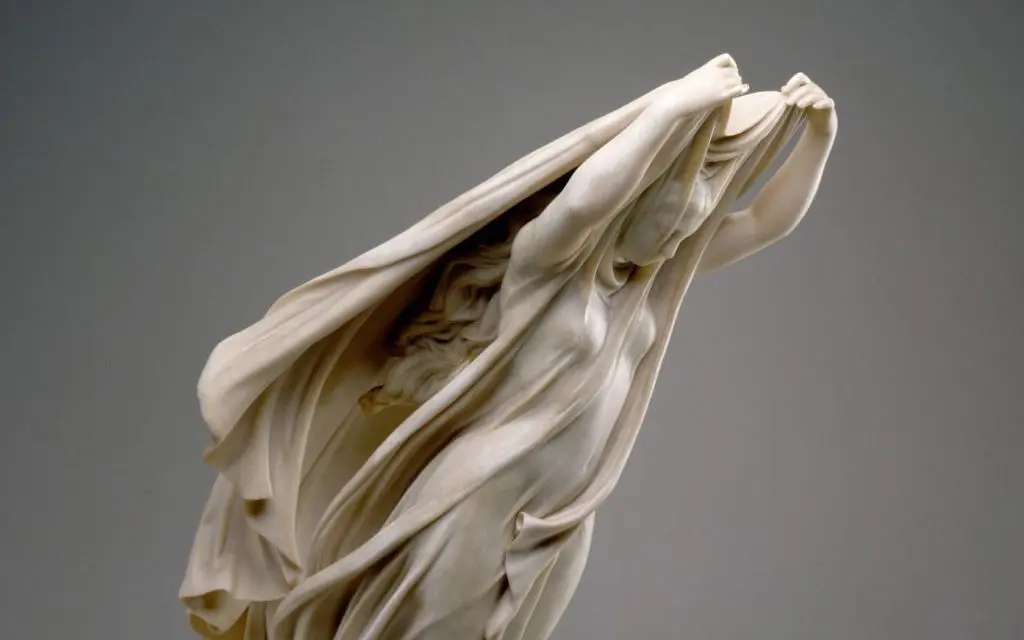
To be a Christian is to see behind the veil—to see the face of God. Advent–the arrival of Jesus Christ on earth–was, is–the apotheosis of human history—when the Lord tore through the veil of time that separates now and always.